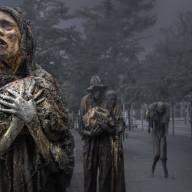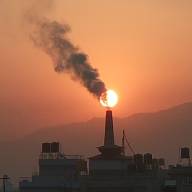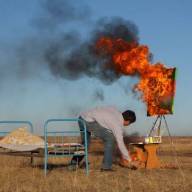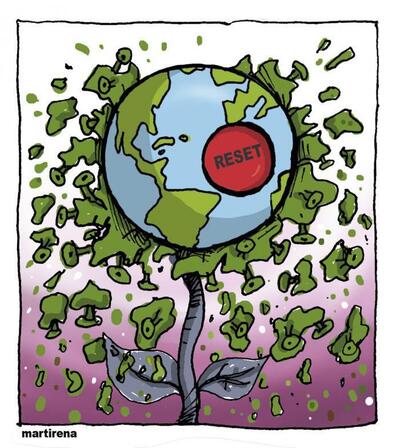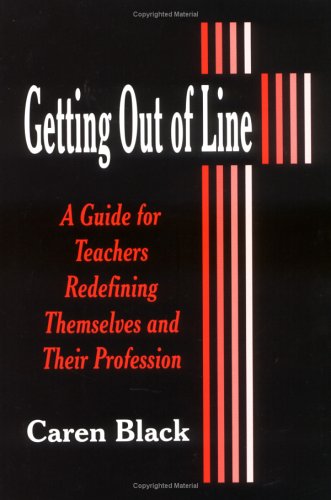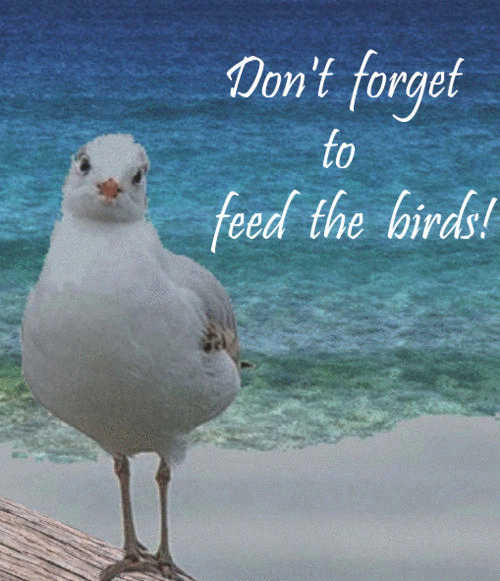Many posts on social media are predicting that after the epidemiological crisis we are experiencing today is behind us, we will be better people, more supportive, we will place a higher value on life and, above all, will build a different, better world.
Nonetheless, without being pessimistic, we must question whether the world will necessarily be better after this crisis, spontaneously, just because we want it.
On the contrary, in her book Shock Doctrine, Naomi Klein has documented how in recent decades, on a global scale, crisis - when populations sink into fear and disorientation, economies are devastated and the ability of states to respond is overwhelmed - have been paved the way for the implementation of structural free market reforms, to the detriment of the public good. A wave of privatizations undermined the social role of the state, especially in strategic sectors like health and national defense; social spending decreased; and precarious employment conditions became the norm, with gains won by workers over many years of collective struggle eliminated.
Neoliberalism has had no more fertile ground than disaster to impose its model, the creation of never-ending wars in the Middle East, cynically orchestrated in the name of democracy, is among the clearest examples. A highly lucrative business was guaranteed, while deaths of civilians are simply considered collateral damage. In Latin America, Ecuador is a prime examples of how the vacuum left when the state abandons its social responsibility can lead to disaster, as we are witnessing today. But similar cases abound.
The crisis is systemic, there is no other way to understand it. Globalization promised that national borders would be swept aside in pursuit of economic progress and that this, in itself, would lead to social development. But, in practice, neoliberalism has produced the concentration of benefits in the hands of a very small world elite, and the socialization of all costs. The result? We see it today: the cost is being paid in lives and what continues to be the norm is the disproportionate toll paid by the most disadvantaged.
As much as neoliberal thinking seeks to convince us that everyone can be saved individually, the reality that is hidden is different: in the face of systemic crises, individual solutions are insufficient. There is nothing wrong with trying to be better people after we overcome this crisis, that we value life more, that we make better use of the time we have to be with those we love, that we re-think our relationships and say I love you more often, and begin to enjoy more what we have. All of this would be good. Any process of personal growth is necessary, but it will not undermine the power structures responsible for the humanitarian crisis we are experiencing today - which could easily be repeated. Our personal well-being, even enjoying ourselves and our most intimate human relations, will only be fully realized when we develop critical awareness of the society, culture and age in which we live, and unite with others on the road to defending, to the ultimate consequences, collective rights and the common good.
Looking beyond the purely individual is absolutely necessary. We must focus on the world and attempt to fully understand the global system that is causing the havoc we are experiencing. We cannot make concessions to capitalism at this point in history: what other system can we hold responsible for climate change, for the precarious employment conditions of millions, the death of the most vulnerable as a result of curable disease, hunger or war; the lack of drinking water, food and medicine for a large portion of the world's population; or under-funded public health systems, while at the same time millions of dollars are spent on weapons of mass destruction, because it is more profitable?
We must defend, wherever it is possible, the counter-hegemonic alternative that is the construction of socialism, the rights and guarantees that the Cuban Revolution has conquered and maintained, the value of the state’s role which socialist Cuba has again demonstrated with self-confidence, to defend, above all, the right of every person to life.
This is no small thing in the world in which we live. May our society continue to change and for the better; may revolutionary critical thinking prevail as a regular practice; may the spaces and ways of political participation continue to be perfected; and may change, criticism and participation continue to have as their ultimate objective, the defense of the common good through socialism.
Source
Granma is Cuba's official weekday newspaper.


